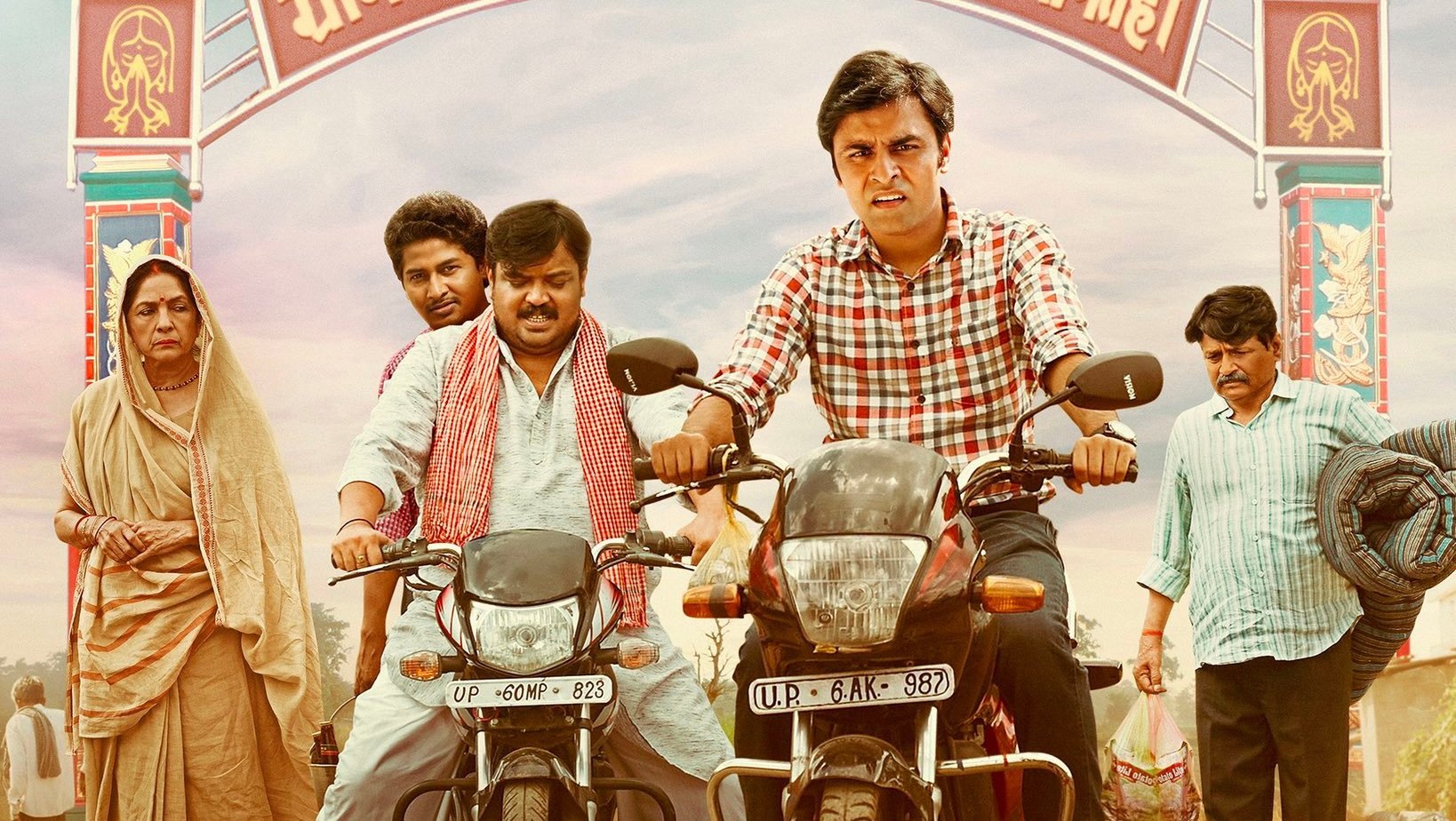The second season of TVF’s Panchayat has taken India by storm with its deadpan humour and faithful portrayal of rural life. From celebrating the mundane to shedding light upon the little pursuits and dilemmas you’ll often find in an average Indian village, there are a lot of groundbreaking elements that make up the comedy-drama series: but what strikes the most is its subtle yet power-packed portrayal of empowered women.

The global film fraternity is guilty of excluding rural women in their representation of feminism. They are for the most part portrayed as meek, docile damsels in distress veiled under the umbrella of their husband’s authority. If at all there are depictions of strong rural women on screen, they are presented as exceptions to the norm. The second season of Panchayat breaks this fallacy from the very first episode itself. Neena Gupta’s Manju Devi might only be a Pradhan on paper, but that doesn’t stop her from brilliantly negotiating a deal with a local businessman who was quick to undermine her authority and demanded to see her husband instead.
Picture this – a pantsuit clad woman in high heels striking a mighty power pose and exuding confidence enough to dominate an entire boardroom nested in a picturesque highrise, riddled with men.
That is a powerful woman, and that is what mainstream media says is a powerful woman. But, so is Manju Devi.
Come to think of it, what Manju Devi did was no different than your everyday boardroom transaction, and likewise she was also privy to the routine sexism hundreds of professional women endure in their workplace. She strategically takes advantage of her competitor’s discomfort in doing business with women and swings the deal to attain her desired terms with her sharp wit and quick thinking. She shuts him down when he tries to disregard her leadership, swiftly reminding him that it is she who is Pradhan. Manju Devi may not look like the quintessential girl boss, but don’t be fooled, she is not short of a baddie herself.
Often when we see a woman adorning a ghunghat, we immediately perceive her to be submissive or subdued. But we tend to forget that feminism is about choice. It is about granting women the autonomy to pave the way on their own terms. The juxtaposition between a ‘traditional’ and ‘modern’ woman is brought to life in the contrast between Manju Devi and her daughter Rinki. It is Manju Devi’s choice to put on her Ghunghat and Rinki’s choice not to wear one. Both women are equally empowered. Quite simply, feminism is about all genders having equal rights and opportunities. It’s about respecting diversity in female experiences, identities, knowledge and strengths – and Panchayat does exactly that.
Manju Devi may not look or behave like one, but she is a political mastermind alright. She is smarter than Pradhan Ji, has better political instincts and knows how to manoeuvre him into getting her way. But she’ll never sacrifice her ace of spades by letting him know that.
The same goes for her rival, Bhushan’s wife Kranti Devi, who fearlessly goes after what she wants, as well as the rest of the village.
The manifestation of this phenomenon is best seen when Manju Devi and her posse assemble a united front and valiantly march down to stop the evil Vidhayak from reducing Rahul’s funeral to a mere publicity stunt.
The ghunghat in Phulera is not a signifier of oppression but an emblem of agency – that women have the choice to be themselves and demand respect. These women are feisty and strong-willed with a mind of their own. And most importantly, they are equals.
Another portrayal of this is seen when the showgirl refuses to apologize for her profession, even when the men around her exhibit unparalleled hypocrisy and are scared shitless to be seen with her. Like the women above, she too is empowered.
Although this is an idealized representation of how women exist in rural communities and excludes many of the hardships they frequently face, it is reminiscent of every Indian woman navigating the modern world. We the women of India, have different identities, different choices, and different circumstances. We don’t look the same, we don’t live the same. But each of us can relate to the women above. Think about it, how many times have we watched our mothers, sisters, friends and family tactically fight for their place against a web of patriarchal ideals through rebukes and rebuttals, attacks and defences, support and motivation. The writers of Panchayat have seamlessly channelized the daily struggles women undergo through their brillitant writing and it has been played to perfection by the cast.